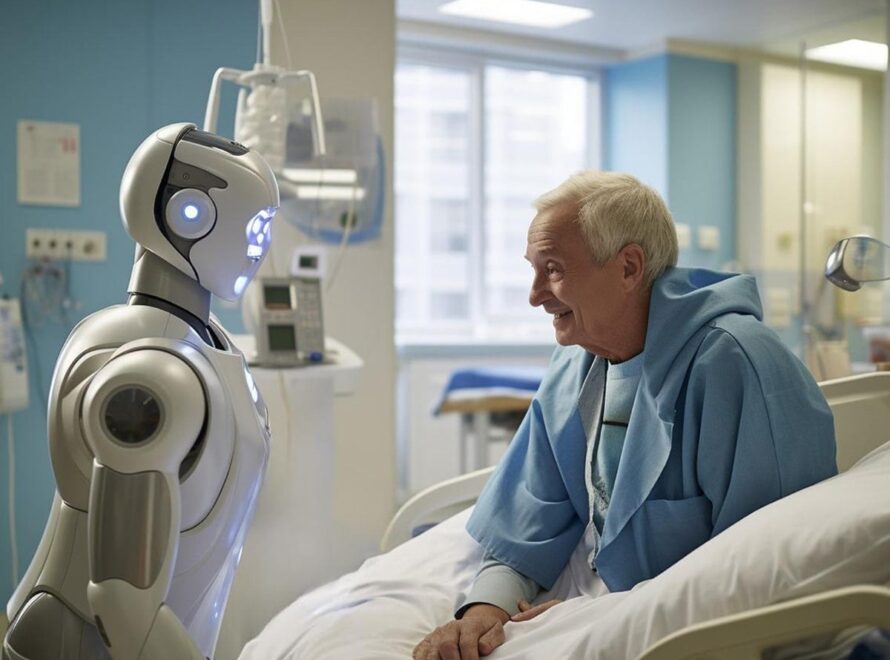Are you feeling tooth pain on a daily basis? Does your jaw hurt almost daily? It could be a sign that your wisdom tooth might need an extraction. As a matter of fact, there is nothing worse than a toothache. In reality, it could be a sign that your wisdom tooth needs extraction. It is imperative for you to understand the signs of wisdom tooth removal from dental experts.
In most cases, when you are suggested a wisdom tooth removal, chances are that you might put off the procedure for some other time. You might presume that if the tooth is not causing any problem at the moment, your emergency wisdom tooth removal treatment can wait. However, there are several reasons why you should consider wisdom tooth removal surgery from experienced dentists in Dallas.
What are Wisdom Teeth?
Despite their name, wisdom teeth do not make you any wiser. Wisdom teeth are late-stage molars that develop and often need to be removed as there is not enough space in your mouth for them to grow properly.
These molars can often cause discomfort when they erupt from your gums while crowding existing teeth. Even worse, there are instances of wisdom teeth contributing to sinus problems, problems with jaw alignment, cysts, and damaging cavities.
Therefore, if you experience any sign of wisdom tooth problem, it is recommended to choose emergency wisdom tooth removal from dental experts in Dallas.
Top 5 Reasons Why You Shouldn’t Delay Wisdom Tooth Removal
For most patients, pain is a common sign that their wisdom teeth might have erupted and might need removal. Some more signs to look out for are:
1. Pain & Discomfort
Most patients only realize that their wisdom teeth are damaged when they experience pain or discomfort. However, like any dental problem, this problem starts small and could be almost undetectable. It is recommended to not ignore toothache or even sensitivity.
Pay attention to the location of pain or discomfort. If it takes place at the contact of your mouth while chewing or brushing, chances are your wisdom teeth might have erupted. It will not be long before your wisdom tooth starts growing at an angle to the other tooth, affecting the jaws, or even crowding neighboring teeth.
2. Risk of Infection
When you wait too long to have your wisdom tooth extracted, there is a higher risk of infection due to the presence of bacteria in your mouth. Infections can be painful and lead to further complications, like difficulty in opening your mouth or fever.
Therefore, it is crucial to get your wisdom tooth removed sooner rather than later.
3. Damage to Neighboring Teeth
As your permanent teeth are well-positioned, the eruption of the extra set of molars can force them to shift their original position. This leads to pain and overcrowding, making it difficult to floss and brush effectively. Eventually, this could lead to cavities and tooth decay.
When treatment is delayed, you might be required to undergo additional procedures to normalize impacted neighboring teeth.
4. Increased Risk of Cysts or Tumors
When you do not deal with wisdom teeth problems in your mouth, it could lead to tumors or cysts in your mouth. As a matter of fact, your oral health can become an issue in the long run. As a matter of fact, you can end up causing major damage to your gums or jaws by not taking appropriate action in a timely fashion.
5. Difficulty in Removal As You Age
Wisdom teeth removal after a certain point in life can increase the risk of damage or irritation to the mandibular nerve. Patients who might have experienced nerve damage usually experience a tingling sensation or numbness on one side of the face for around 2-3 weeks after the wisdom tooth removal surgery.
What Happens If You Delay Removal?
Delaying wisdom tooth removal can lead to various complications. Impacted wisdom teeth, which are unable to fully erupt, can cause infection, damage to adjacent teeth, and the formation of cysts or tumors.
The longer the removal is delayed, the more complex the procedure can become, increasing the risk of complications and extending recovery time. It is advisable to consult with an oral surgeon to determine the appropriate timing for wisdom tooth removal based on individual circumstances.
What to Expect During and After Wisdom Tooth Removal?
The wisdom tooth removal surgery is usually done under the effect of local anesthesia. While you are awake during the procedure, you will not feel any pain. Your dentist will make minor cuts in the gums to expose the wisdom tooth. Then, the tooth is removed by breaking them into pieces. The entire procedure takes around an hour.
When you wish to know about wisdom tooth removal after care, you will be relieved to know that you will experience very little pain and discomfort. If you also wish to know how long does wisdom tooth pain last after removal, the recovery time can vary from one person to another.
Tips for Recovery After Wisdom Tooth Extraction
- Rest: Get plenty of sleep and avoid strenuous activity.
- Ice packs: Apply ice packs to the affected area to reduce swelling.
- Soft foods: Eat soft foods like yogurt, soup, and mashed potatoes.
- Avoid straws: Refrain from using straws to prevent dislodging blood clots.
- Pain medication: Take pain medication as prescribed by your dentist.
- Salt water rinses: Gently rinse your mouth with salt water to aid healing.
Conclusion
Delaying wisdom tooth removal can have significant consequences. From the risk of infection and damage to adjacent teeth to potential complications during the extraction itself, it’s crucial to address wisdom tooth issues promptly. Consulting with an oral surgeon for timely evaluation and treatment is essential to ensure a smooth recovery and maintain optimal oral health.
FAQs
How do I know if I need my wisdom teeth removed?
You can consult a local dentist or surgeon to understand whether or not you need wisdom tooth extraction. The professional will examine your teeth to assess their growth patterns and potential for causing problems.
Is the procedure painful?
Wisdom tooth removal is typically performed under local anesthesia, meaning you should not feel any pain during the procedure. However, some soreness and discomfort are common afterward.
What are the risks of waiting too long for wisdom tooth extraction?
Wisdom teeth are the four molars located at the very back of your mouth. They often erupt between the ages of 17 and 25, but sometimes they may become impacted, meaning they cannot fully erupt due to lack of space. If impacted wisdom teeth cause pain, infection, or other dental problems, your dentist may recommend removal.
What if my wisdom teeth aren’t causing any problems?
This is for informational purposes only. For medical advice or diagnosis, consult a professional.
Even if your wisdom teeth aren’t causing any problems currently, it’s still a good idea to consult with a dentist or oral surgeon. They can examine your teeth and jaw to determine if there’s any potential for future issues, such as impaction, crowding, or infection.
What can I eat after surgery?
Immediately after wisdom tooth removal, focus on soft, easily swallowed foods like yogurt, smoothies, and mashed potatoes. Avoid hard, crunchy, or spicy foods that can irritate the surgical site.
How long does it take to recover from a wisdom tooth extraction?
Recovery time varies depending on the complexity of the extraction and individual healing. Most people experience significant improvement within the first week, with minimal discomfort after a few days.



